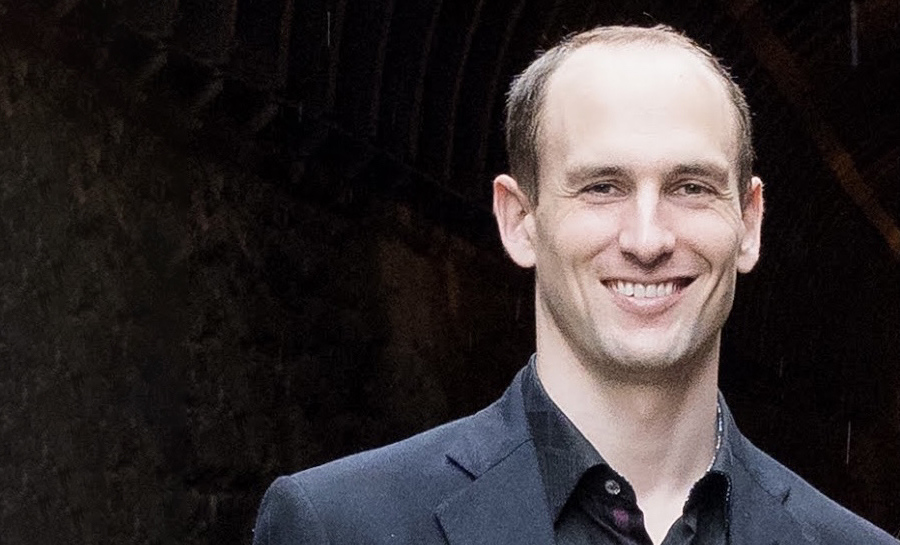After your time at Denison, how did you become active in politics?
I was volunteering on a campaign for a statewide candidate named Josh Mandel. I then had an opportunity to come to Washington D.C. I began an internship at Speaker Boehner’s office, and I was brought on full-time as a finance aide before becoming the director of treasury and finance. Later, I started working as the director of U.S. government relations with the International Conservation Caucus Foundation (ICCF).
How did you begin working with NOAA?
In my time with the ICCF, I was going up to Capitol Hill and working with co-chairs of the caucuses for international conservation, both in the house and the senate, identifying their priorities and finding ways to support them and their initiatives. One of the other aspects of my work at the ICCF was with the oceans conservation caucuses, where I gained a better understanding of the work NOAA was doing. I had the opportunity to join the Department of Commerce through NOAA, and I jumped at the opportunity.
What was your primary focus?
I was able to work on many issues at NOAA. My primary policy portfolio was space commerce and supporting many aspects of commerce and the economy that are related to our oceans and coasts, or what we called the ‘blue economy’. Fisheries was a huge part of that portfolio, with conservation being another big theme and I thrived in collaborating with my colleagues across the executive branch to find solutions to complex problems.
How did COVID-19 impact your work?
Fisheries wasn’t something that I had much personal experience in prior to joining NOAA, but was probably the most demanding aspect of my work, especially in the past year as the harsh realities of COVID were setting in. For example, there was a significant restriction on how fishing vessels could operate. There is a requirement for observers to be on certain vessels, and it was critical we took into account the health risk posed to people working in close proximity together without the opportunity to distance. There was a strong partnership between our leadership team and career experts in that field developing creative policy solutions to support industry while observing our obligations to safety.
Reflecting on your time at NOAA, what were some of your greatest experiences?
It is tough to narrow down because every day brought something new. For example, I traveled to Cape Canaveral to watch the Falcon Heavy launch a NOAA satellite constellation and finalizing the commercial remote sensing rule was a day to celebrate. But one of my favorite memories was supporting an event for the National Marine Sanctuary Program that let me walk through the USS Monitor turret while it was being restored. One of the things our team accomplished was designating the Mallows Bay, MD national marine sanctuary, the first in 20 years. Initiated by the local community, it was a huge undertaking and a multilayered process, but it was a success that showed the value of partnerships. I was able to kayak through the bones of those ships and experience the positive impact first hand. I touted the benefits of that program for local economies throughout my time in the administration.

